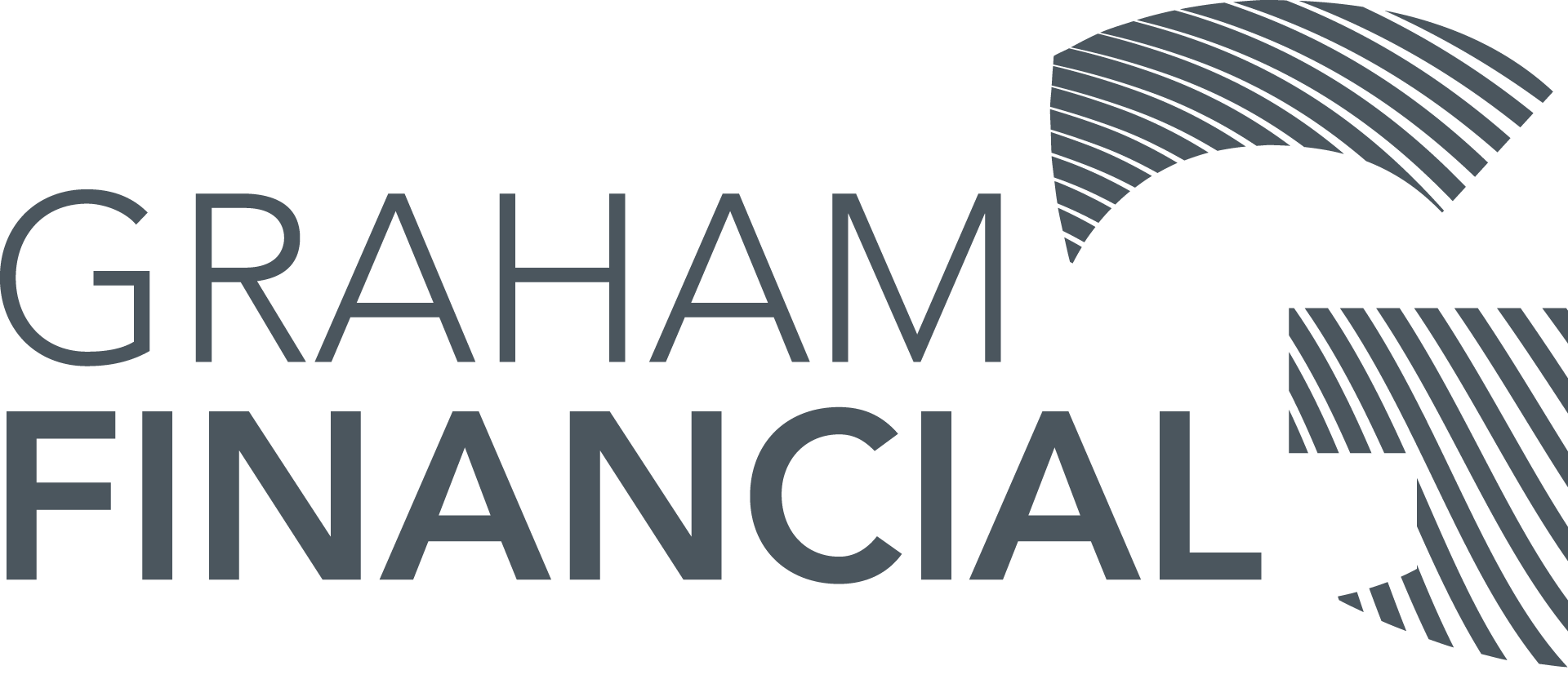Call Us 07 4613 0514
Call Us 07 4613 0514
Federal Budget May 2023
The Treasurer Dr Jim Chalmers delivered his second budget forecasting an underlying cash balance surplus of $4.2 billion, an impressive $41 billion turnaround from the same forecast made in October 2022. Dr Chalmers used 82% of this increase in revenue and allocated it to paying down existing debt. This reversal in budget fortunes is a remarkable result.
Budget papers attribute the change to higher commodity prices and strong employment growth boosting tax receipts. Notwithstanding the strong economic conditions, Australia’s gross debt continues to grow and is forecasted to pass $1 trillion by the 2025/26 financial year at 36.5% of Gross Domestic Product.
The budget papers state that inflation, while still high, has peaked and is moderating. The budget has several measures aimed at providing relief against cost-of-living increases primarily focused on those people that are already in receipt of government support. The various support measures add an additional $21 billion of expenditure that the Treasurer went to some length in post budget interviews to argue is not inflationary.
We recently wrote about housing, noting the importance in the short term of increasing the average number of people in each house rather than relying on building more houses. If indeed we are to increase the average household size, the housing measures of this budget need to be balanced against the financial incentive to pool resources and increase the number of people in each house to Pre Covid levels.
The budget continues the focus on transitioning the economy to sustainable energy with a goal to become a renewable energy superpower. Australia has enormous natural resources and demand for these has helped push our terms of trade to historical highs. Whilst a focus on sustainability is commendable, it will require that as an economy we forego our current advantages in coal and gas and replace them with an as yet unknown advantage such as hydrogen.
Moving our economy to carbon neutral is a stated goal of this government. Achieving this shift without creating unintended disruptions to the economy has enormous challenges.
This budget, like others before it, relies solely on growing the economy with no real effort to curb expenditure. Despite ever-increasing terms of trade and low unemployment providing unsurpassed revenue streams, we are continuing to increase debt for future generations to address. Government continues to increase in size with highlighted issues being matched with new schemes and new funding with new bureaucracies to administer them.
At some point in the future, it is not inconceivable that our terms of trade fall and our unemployment will start to trend upwards from record lows. At that point, the government of the day is going to be forced to reverse this trend and present a budget that reduces overall expenditure. The Treasurer and budget that faces up to that reality will require some courage.
We have provided a summary of the key measures announced in this budget that are most likely to be applicable to personal finances. If you have any queries about these or wish to discuss how they may impact on your circumstances in greater detail, please contact the office to organise an appointment.
Energy bill relief: An electricity bill credit of up to $500 will be available in 2023/24 for:
- Pensioners
- Commonwealth Seniors Health Card holders and other concession card holders
- Recipients of Carer Allowance and Family Tax Benefit A and B
- Veterans, and
- those eligible for existing State and Territory electricity concession schemes.
Eligible small businesses will receive a credit of up to $650. The amount of the credit will vary depending on the location, with no further details revealed in the Budget.
Pharmaceutical Benefits Scheme changes: Individuals will be allowed to buy twice as many common medicines for the price of one script under changes to the Pharmaceutical Benefits Scheme from 1 July 2023. This will allow a patient access to 60 days’ worth of medicine for each script.
The change will save general patients up to $180 a year per subsidised prescription. Concession card holders are expected to save up to $43.80 a year per medicine.
Increased bulk billing: Children under the age of 16, pensioners and other Commonwealth concession cardholders will have increased access to free healthcare under this measure, with bulk billing incentives being tripled for the most common consultations. This includes face‑to‑face, telehealth and video conference consultations.
Household energy upgrades: Several low-cost loans will be provided to access energy-saving home upgrades, such as battery-ready solar panels, modern appliances and other energy efficiency improvements.
Better targeted superannuation concessions: The Government will reduce tax concessions on certain superannuation accounts for individuals with a ‘total super balance’ (TSB) of more than $3 million (unindexed). The earnings on any balance that exceeds the $3 million threshold will be subject to an additional tax of 15% (up to 30% in total).
Individuals with a TSB less than $3 million will not be impacted by this change, and investment earnings on the accumulation balance will continue to be taxed at the maximum rate of 15%.
Increasing the payment frequency of employer super payments: Employers will be required to pay their employees’ super at the same time as their salary and wages from 1 July 2026.
Increase to working age payments: The fortnightly rate of JobSeeker Payment and certain other benefits will increase by $40 ($1,040 pa) on 20 September 2023.
The minimum age for the higher rate of JobSeeker Payment will also reduce from age 60 to 55 and over for those who have received the payment for nine or more continuous months. Single recipients aged 55 to 59 with nine continuous months on payment will receive an extra $99.40 pf because of both changes.
Increasing Rent Assistance: The maximum rates of Rent Assistance will increase by 15% on 20 September 2023. This will provide recipients with up to $31 extra per fortnight.
Increase to Home Care packages: As part of a package to improve the in-home aged care system, the Government will increase the number of Home Care packages by 9,500 in 2023/24. This may help reduce the wait time for individuals who are waiting for a package to be assigned to them.
No changes to personal income tax: The Budget did not contain any measures announcing changes to personal income tax. This includes:
- no changes to the Stage 3 tax cuts which will take effect from 1 July 2024, and
- no extension of the Low and Middle Income Tax Offset, which ended 30 June 2022.
Increasing the Medicare levy low-income thresholds: The Government will increase the Medicare levy low-income thresholds for singles, families and seniors or pensioners from 1 July 2022. This means low-income earners will be able to earn more income before being liable to pay Medicare levy.
Small Business Energy Incentive: Small businesses with an annual turnover of less than $50 million may receive an additional 20% deduction on spending that supports electrification and more efficient use of energy.
Up to $100,000 of total expenditure will be eligible for the incentive, with the maximum bonus tax deduction being $20,000 per business. Eligible assets or upgrades will need to be first used or installed and ready for use between 1 July 2023 and 30 June 2024.
Examples of eligible assets include electrifying heating and cooling systems, upgrading to more efficient fridges and induction cooktops, and installing batteries and heat pumps.
$20,000 instant asset write-off: Small businesses with an annual turnover of less than $10 million will also be eligible to immediately deduct the full cost of eligible assets costing less than $20,000 for assets that are first used or installed ready for use between 1 July 2023 and 30 June 2024.
Small businesses can instantly write off multiple assets as the $20,000 threshold will apply on a per asset basis.
Changes to eligibility for home buyer guarantee schemes: From 1 July 2023, joint applications may be made by friends, siblings and other family members under the First Home Guarantee and the Regional First Home Buyer Guarantee. Non-first home buyers who have not owned a property in Australia in the last ten years will also be eligible.
Eligibility for the Family Home Guarantee is also expanding to include eligible borrowers who are single legal guardians of children such as aunts, uncles and grandparents.
The number of guarantees available and other eligibility criteria are unchanged.
Disclaimer
Sources: www.budget.gov.au
This communication has been prepared by Actuate Alliance Services Pty (ABN 40 083 233 925, AFSL 240959) (Actuate), a related entity of Insignia Financial Ltd ABN 49 100 103 722.
The information in this communication is factual in nature. It reflects our understanding of existing legislation, proposed legislation, rulings etc. as at the date of issue, and may be subject to change. In some cases, the information has been provided to us by third parties. While it is believed the information is accurate and reliable, this is not guaranteed in any way. Examples are illustrative only and are subject to the assumptions and qualifications disclosed. Past performance is not a reliable indicator of future performance, and it should not be relied on for any investment recommendation. To the extent that the information in the communication contains general advice, it has been prepared without considering any person’s individual objectives, financial situation or needs. You should consider the appropriateness of the general advice in light of your own objectives, financial situation or needs.
This communication is not available for distribution outside Australia and may not be passed on to any third person without the prior written consent of Actuate.
Whilst care has been taken in preparing the content, no liability is accepted by Actuate or any member of the Insignia Financial group, nor their agents or employees for any errors or omissions in this communication, and/or losses or liabilities arising from any reliance on this communication.
Reach Out
Take a step closer to financial freedom, contact Graham Financial.
Thank you for contacting us.
We will get back to you as soon as possible.
There was an error sending your message.
Please try again later or call 07 4613 0514.
Newsletter Sign Up
Contact Us
Thank you for subscribing!
Oops. Something went wrong. Call us on 07 4613 0514
About Us
Graham Financial | Website by dms CREATiVE | Clear Pixel











